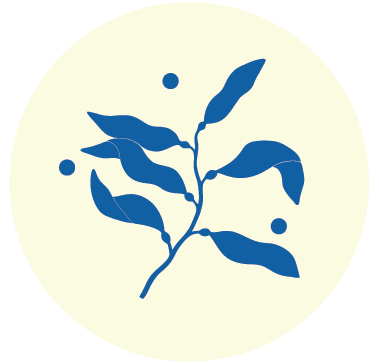We Were Farmers
Ore Huiying
‘We Were Farmers’ is a photographic project on my family, who had been farmers for generations in Singapore, since 1960s till 2020. The project spans 12 years and is a commentary on changing agricultural practices and urban development in Singapore.
I started working on it in 2008, exploring the journey of my family’s experience and resilience, and final succumbence to an urbanised reality in June 2020.
In the process of photographing my family, I started to question my sensibilities as a photographer and as a member of the family. My photos became a commentary on the relationship between me the photographer and the person/subject portrayed. How is my identity connected with my family and my environment? As a documentary photographer, I also started to reflect on my position as a participant-observer in the creative process and question the idea of objectivity in my work.
My family became more than just a subject. They are a medium through which I investigate the interplay of identity and relationship – theirs and also mine. I hope to challenge my viewers to read beyond what is visibly represented, taking into account the familial connection between the image-maker and subject.
My project also explores how families are shaped and altered by economic and political forces by charting the crossroads of personal and collective histories. It puts forward the idea that family matters are influenced by a multitude of factors. Through my visual practice, I look at why family-run businesses and multi-generation families, once common, are failing in Singapore as our living space shrinks.
The project will include archival photos from my family albums. Ultimately, this series narrates the hopes, dreams, and memories that tie my family and I together. It is a poignant reflection on where my community, tradition, and sense of self come from.
Scroll down to view collection.
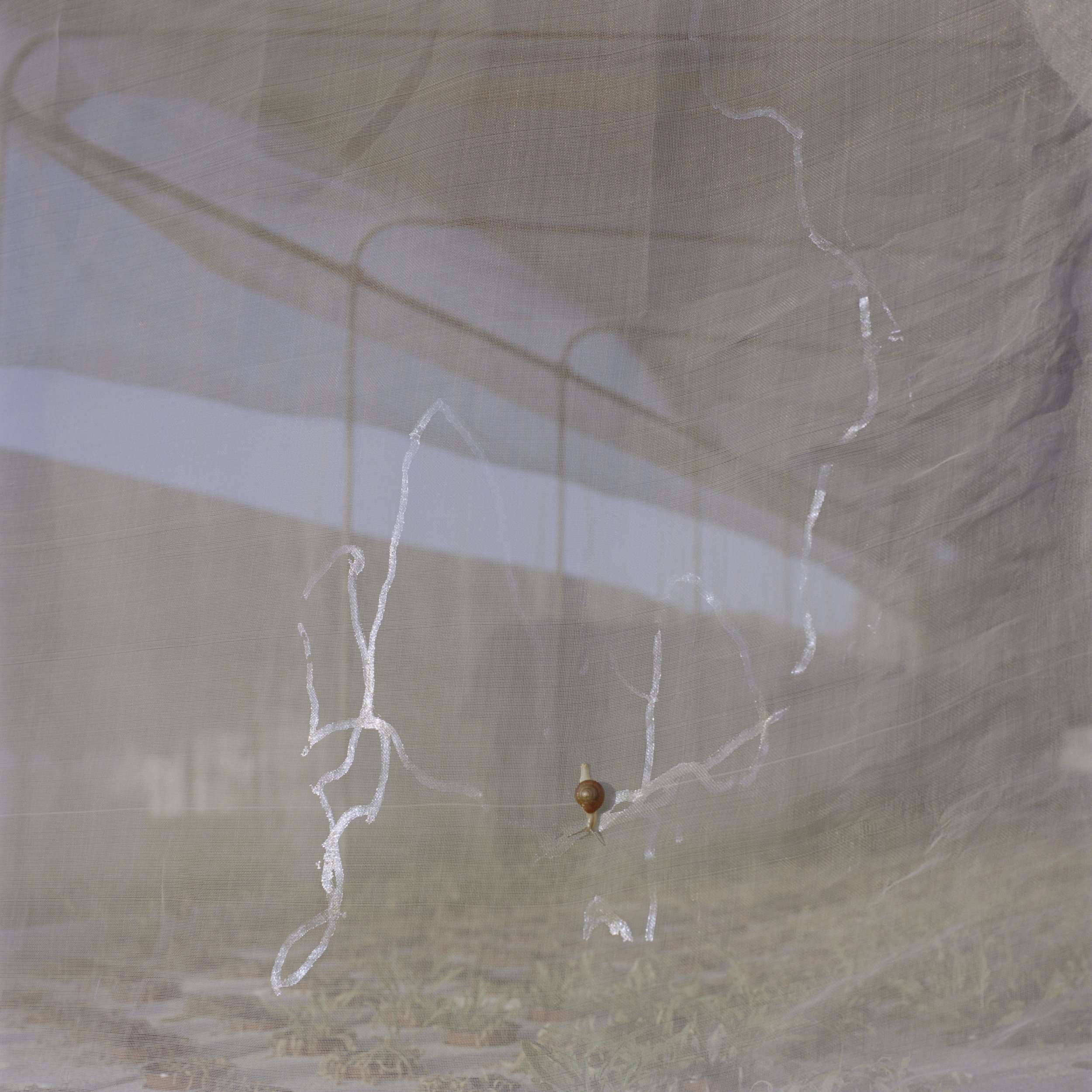

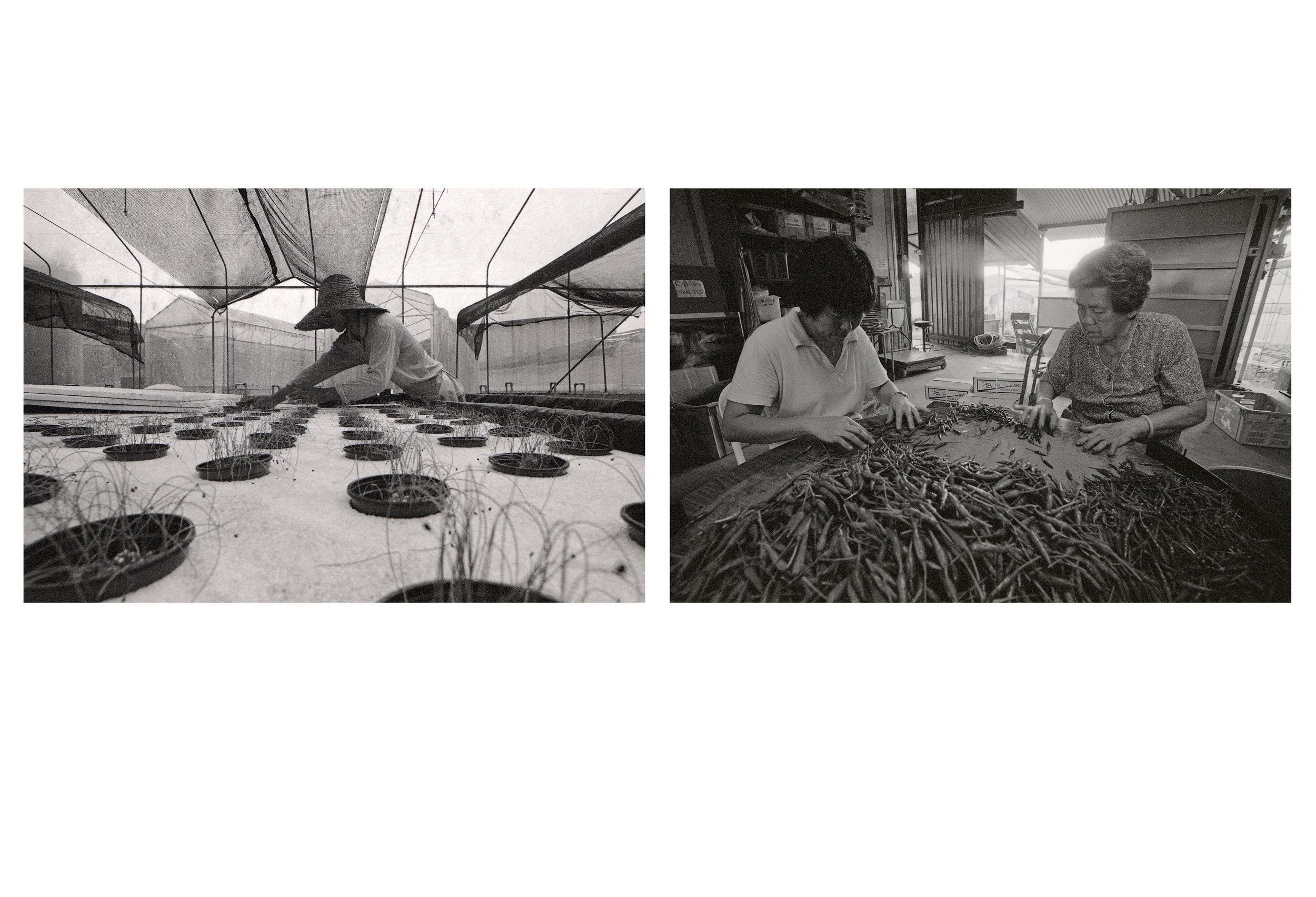







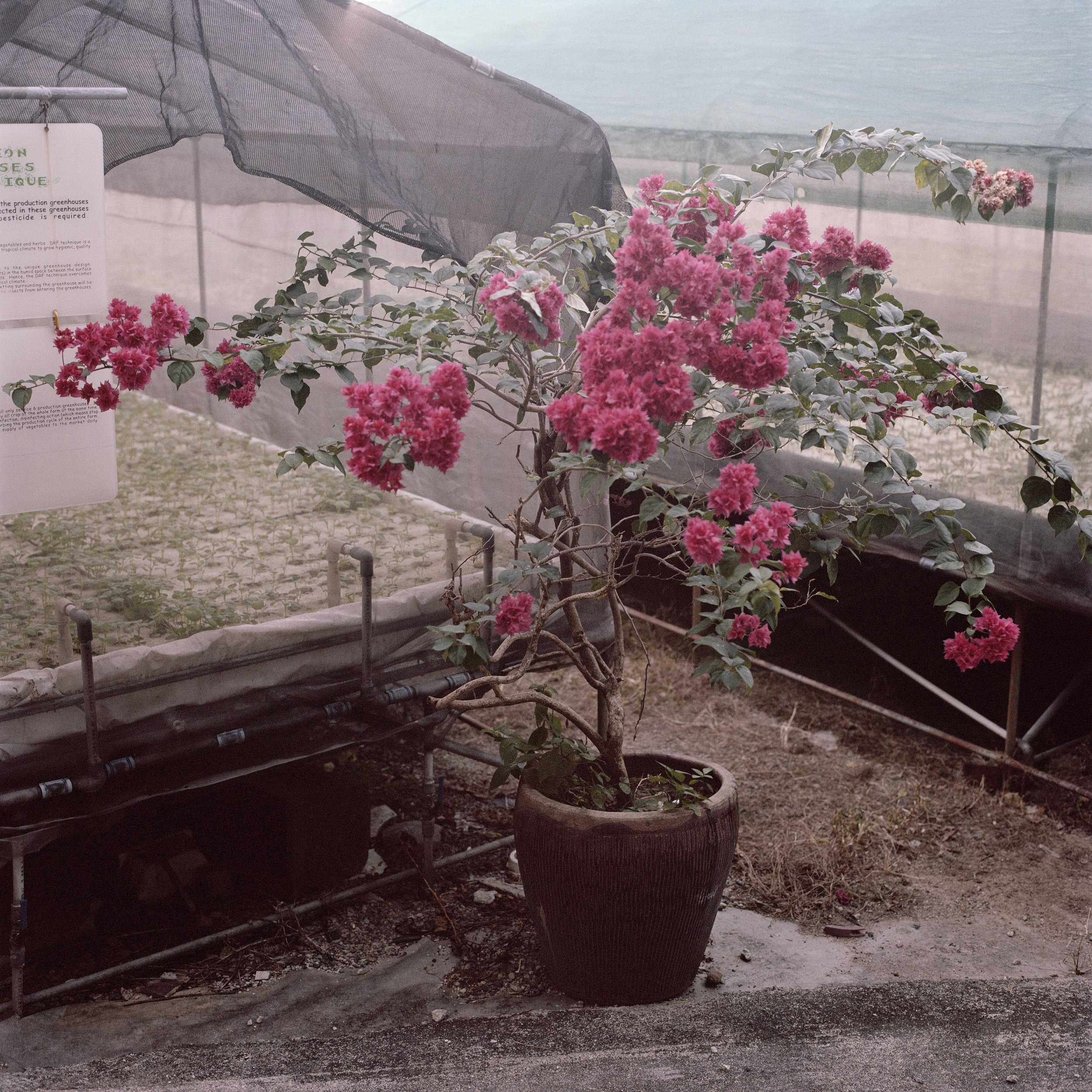
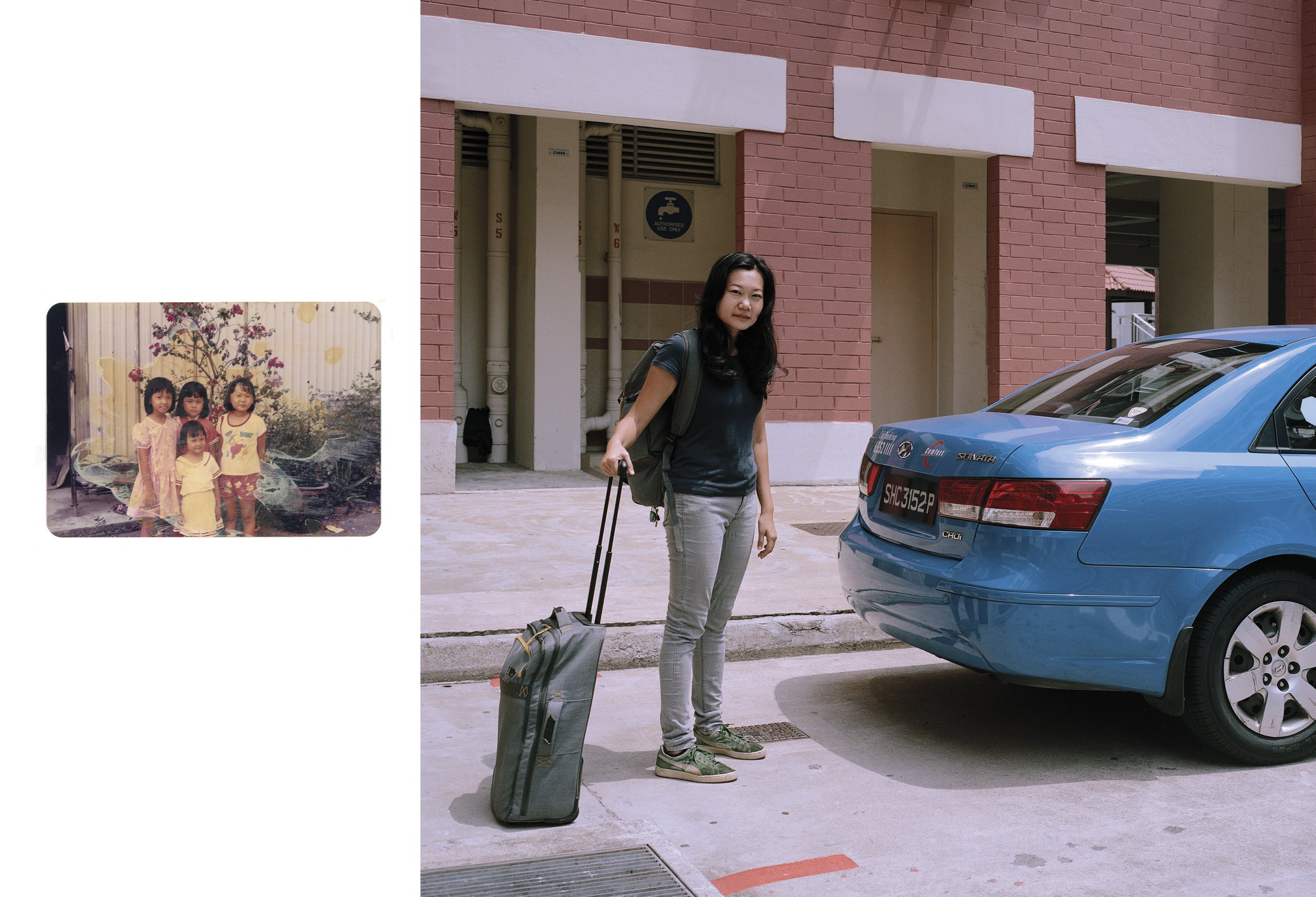
Ore Huiying is a documentary photographer from Singapore. Her practice revolves around storytelling, which she believes is basic to human beings. She grew up in rural Singapore, but was uprooted to an urban environment as her country underwent development. As a result, Ore is drawn to narratives of people and places affected by development in Southeast Asia, where many countries are still transitioning from subsistence to market economy.
In 2019, Ore was awarded a National Geographic Grant to continue her work on the Mekong River, examining the impact of Chinese built dams on the most important river in Southeast Asia. In 2018, she was recognised by World Press Photo 6x6 Global Talent Program, which identifies and promotes six visual storytellers from each of the world’s six continents. That same year Ore won the top honour of the IPA award for her series on an abandoned Chinese casino town in Laos. In 2013, she was nominated for ICON de Martell Cordon Bleu, a photography award in Singapore that honours photographers’ original vision and dedication to their craft.
Ore has held solo exhibitions at Objectifs, a photography centre in Singapore, at Icat gallery in Vientiane, Laos, and also at Angkor Photo Festival in Siem Reap, Cambodia. Ore has participated in numerous group exhibitions including Beijing Photo Festival and Xishuangbanna Photo Festival in China, Pera Museum in Istanbul Turkey, Singapore International Photo Festival, and Singapore National Art Gallery. Apart from working on personal projects, Ore does commissioned work for international publications like New York Times, Washington Post, Bloomberg, Le Monde newspaper, and Getty Images, as well as for NGOs and commercial clients.
Ore completed her Masters of Arts in Photojournalism & Documentary Photography at the London College of Communication in United Kingdom in 2010. After three years of working and living in London, she returned to Singapore to focus her investigation on the progression of Southeast Asian societies.
Brave new work needs brave new readers.
Please consider subscribing today.



